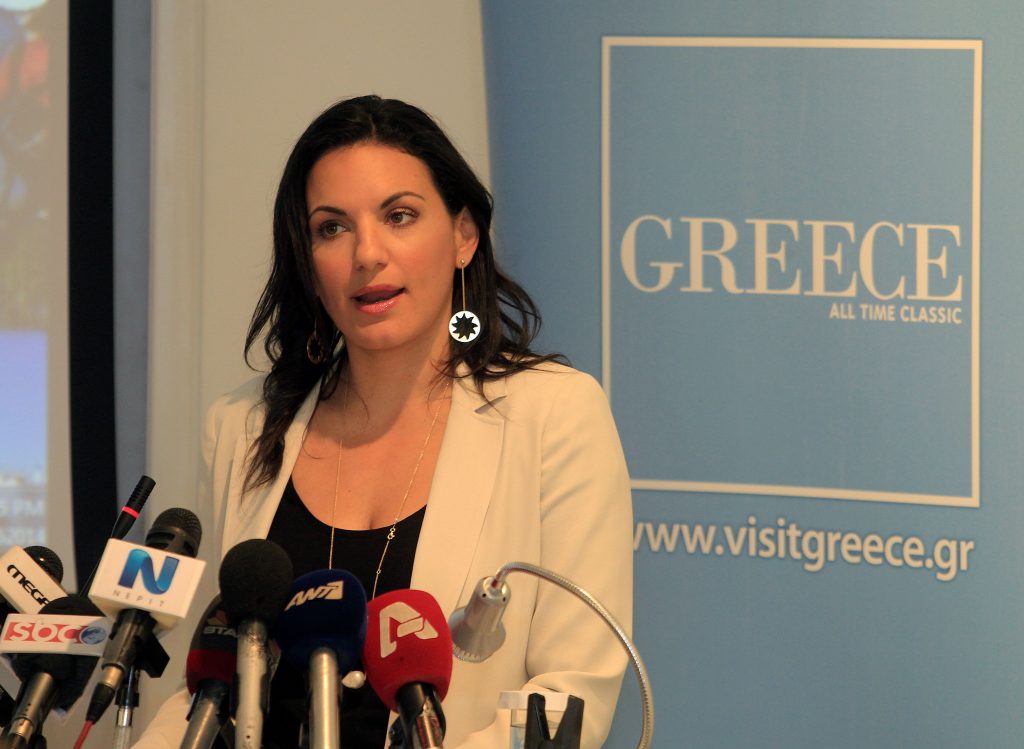On Thursday, the Ministry of Tourism’s draft bill titled “Establishment of Standards for Short-Term Rental Properties, Environmental Classification of Accommodations, Simplification of the Process for Establishing Tourism Businesses, and Specific Provisions for Monitoring and Strengthening the Framework for Tourism Infrastructure” will be presented to the Plenary Session of the Greek Parliament for a vote. Although most of the attention around the bill has focused on proposed standards for short-term rental properties- aka Airbnb’s- Greece’s Minister of Tourism Olga Kefalogianni underlines that sustainable tourism and environmental responsiblity is a central theme of the bill.

During the review and examination of the bill in the Standing Committee on Production and Trade of Parliament yesterday, Kefalogianni said the country’s commitment to “offering reliable, safe, and high-quality hospitality services” and to environmental responsibility is evident in provisions such as the classification of tourism accommodations based on environmental performance and the use of seawater in swimming pools—a practice already widely adopted in the Mediterranean to conserve water resources.
The bill for sustainable tourism follows a record-breaking year for Greece’s tourism sector, which generated an estimated €22 billion in 2024. However, the country also faced significant international criticism and media backlash over accusations of promoting “overtourism,” with reports highlighting overcrowded destinations and public infrastructure struggling to cope with the surge in visitors.
Speaking on the bill previously, Kefalogianni has stressed the importance of transitioning the sector to sustainable tourism practices in order to maintain Greece’s competitive edge in the global market.
“Sustainability is the foundation of a resilient and competitive tourism sector. It empowers local communities, preserves the unique identity of destinations, safeguards cultural heritage, and ensures fair distribution of sector benefits,” she said.



